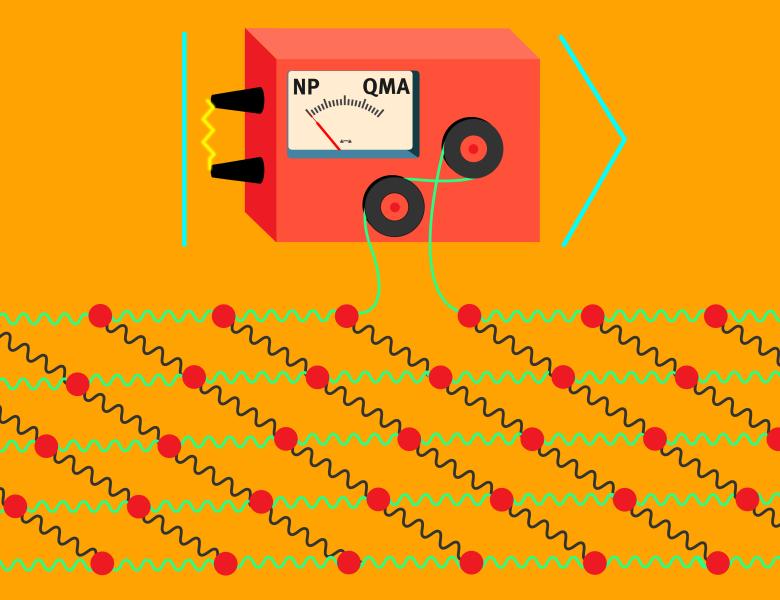
Abstract
While the universality of quantum computers steadily advances, many applications may be more efficiently solved by analog quantum systems: devices tailored for particular problems of interest. Characterizing the ability of such systems to precisely perform quantum operations, and learning the unique noise sources which affect them, is thus of great interest. Here we study such questions using a Rydberg atom array executing time-independent Hamiltonian dynamics. Despite the model's simplicity, we uncover nontrivial phenomena like the emergence of random behavior from deterministic evolution, which we levy to perform fidelity estimation for preparing large-scale entangled states. Further, we learn experimentally compatible noise models directly from many-body data using a new technique also compatible with digital quantum computers. Finally, we extend our study to benchmarking with up to 60 atoms, reaching a regime where exact classical simulation becomes practically impossible, and demonstrate a new proxy for the experimental mixed state entanglement which is comparable amongst all quantum platforms and may reflect the classical complexity of quantum simulation.


